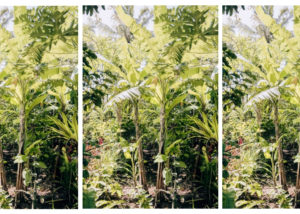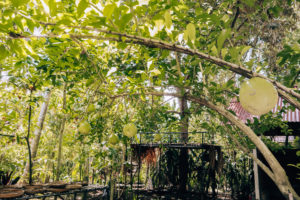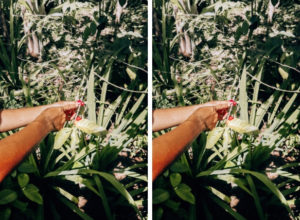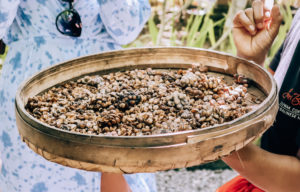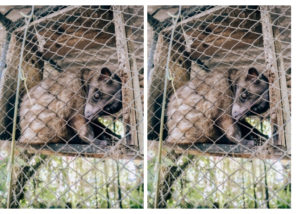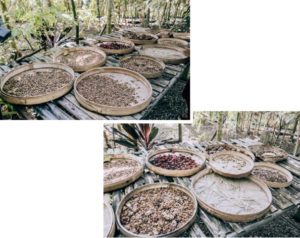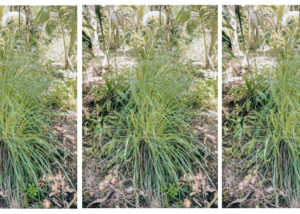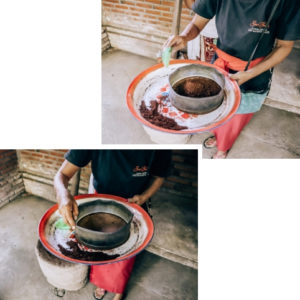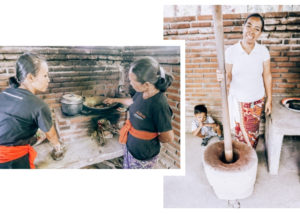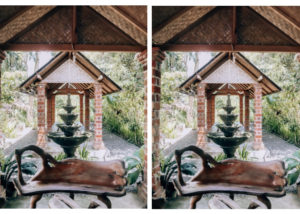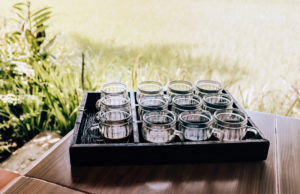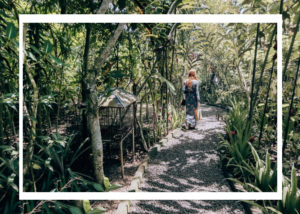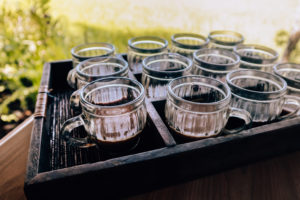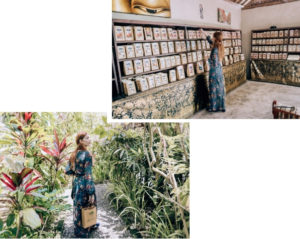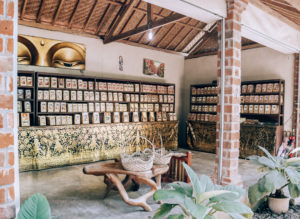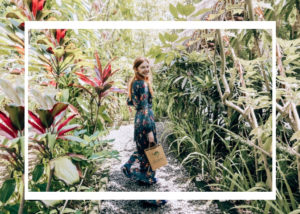The smell of coffee definitely reminds me of my childhood. Blissful weekend mornings, during which the free-floating Arabica from Ethiopia or robusta from Vietnam and Guatemala woke my sisters and I. Sweet, attractive aroma, quiet conversations and the delicate clatter of teaspoons and cups – a sign that my parents have long risen and started their morning ritual.
Although my childhood has passed, the love for coffee has remained and is now a cherished part of my daily routine. Now you know why being in Bali, visit the Sari Barista plantation, which serves some of the best coffee in the world, was a must for me.
Kopi Luwak is an unusual, catlike animal living in Southeast Asia, which is the most important link in the production of coffee luwak. During the night civets hunt in the Indonesian wilderness looking for their delicacies – juicy red, ripe fruit of a coffee tree. During 24 hours of fermentation in the luwak’s stomach, small grains are subject to slight decomposition, and then they are excreted in an almost intact state, changing the taste and chemical composition of the final product. In the next steps, the coffee beans are washed, dried, mashed to remove the skin, sorted and finally roasted.
Luwak coffee, which price can reach up to $500 per pound, is extremely rare and thus very much desired by many connoisseurs of this original drink. Luwak coffee is characterized by a rich, intense flavor, which is present in every last sip. This thick beverage also does not leave a bitter aftertaste and its aroma has an unusual exotic chocolate note, so attractive to many enthusiasts of this brew.
Unfortunately, it should also be mentioned that with more interest in luwak coffee, more and more of these beautiful animals are being taken prisoner. Civets need a lot of space to lead a happy lifestyle. They are lonely, territorial animals that can not adapt to life in crowded cages. Sari Barista has assured me that they are a cruelty-free plantation and they do everything to protect kopi luwak in their natural habitats.
